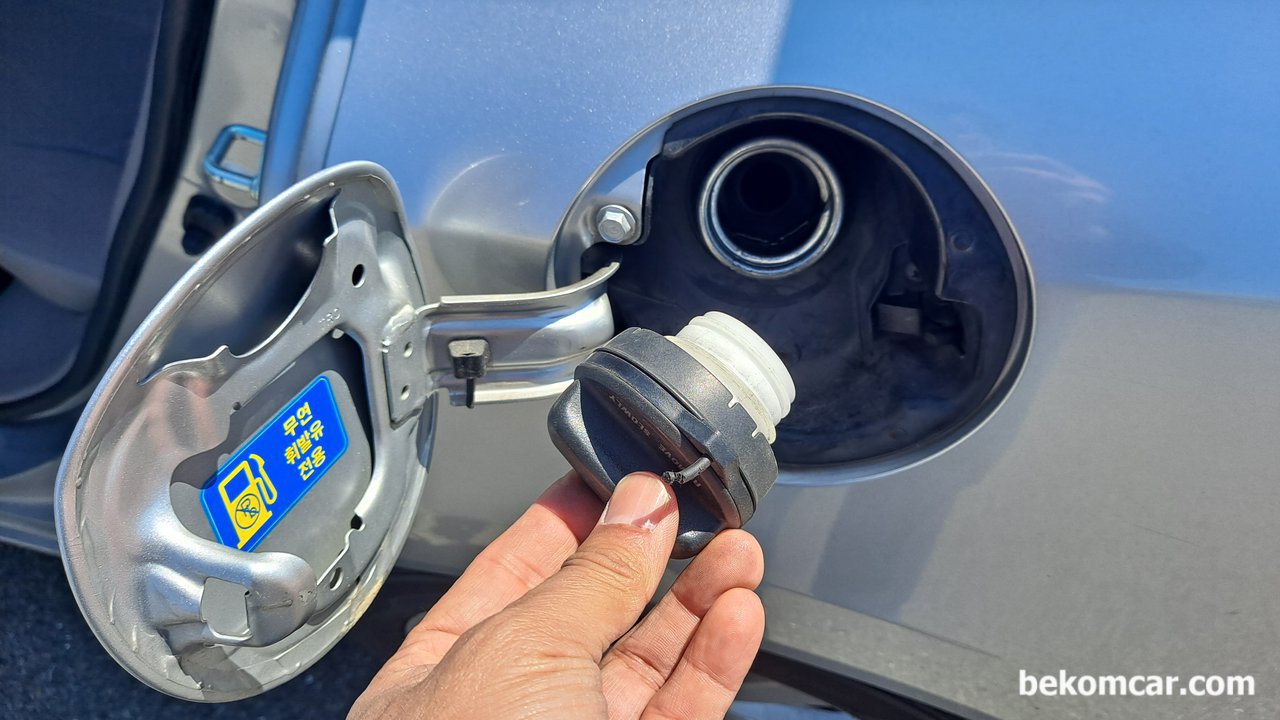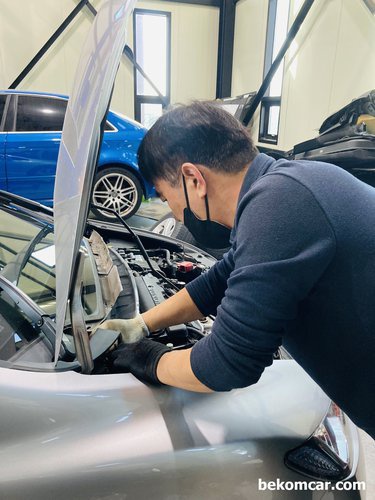[Closed]
What is Octane? What's wrong with using regular fuel in a high octane required car?

Conclusion
Follow each vehicle's manual, and if it says premium fuel, use premium fuel, it is that simple.
Before starting
First of all, this refers to general internal combustion engine gasoline. Diesel and other types of engines may be different. Diesel is ignited only by compression pressure without a spark plug, so the compression pressure is very high. However, gasoline is ignited with a spark plug with relatively lower compression pressure.
Also, the octane number is different for each engine, so always refer to the vehicle's manual. For example, naturally aspirated and direct-injection turbo engines differ in many ways. Also, since there are different characteristics of hybrid and various types of engines, the following should be interpreted as a general case. Also, refer to the link below for the chemical composition of the octane number.
Octane meaning
According to the Korea Petroleum Corporation Office's guideline, it is defined as 'Octane number: A numerical expression of the ability to suppress knocking'. That is, it is an index that controls the time of detonation in the cylinder. If detonation occurs at compression pressure 95 RON, 95 RON is the octane number. Likewise, if it is 91 RON, the octane number becomes 91 RON.
That is, an detonation should only occur by a spark plug at a desired perfect time, but there are cases in which it self detonates. This premature detonation is called knocking.
Three main Octane indexes:
It is calculated as AKI = (RON + MON)/2, as if the average fuel economy is the average of city driving (RON value) and high speed driving (MON value). AKI is used in the United States and Canada, and most other countries including Korea use the RON value.
- AKI = Anti Knock Index
- RON = Research Octane Number (low load, low speed value)
- MON = Motor Octane Number (high load, high speed)
Differences in octane by country
Except in the United States and Canada, the octane number is used as the RON standard. Korea is also based on RON. Regular fuel in Europe becomes premium fuel in Korea.
- Korea. 91~94 are regular oil, and 94 and above are high quality fuel .
- United States of America. 85 ~ 88 AKI regular oil, 90AKI high quality fuel
- Canada. 87 AKI is regular oil, 91 AKI is premium fuel
- Japan. 89 is regular oil, 96 is premium fuel
- EU. 95 There is only one. Corresponds to Korea's premium fuel .
- New Zealand. 91, 95, 98, 100, e10. e10 contains 10% ethanol
Let's take an example of what it means
Assume that the engine design of vehicle A is designed not to explode (detonation) up to an octane rating of 95RON. When refueling this vehicle with 87RON octane oil, it will detonate in advance at low 87RON, not at 95RON. Even though the spark plug did not give a signal, it just couldn't overcome the compression pressure and it detonates in advance. This is because when the air-fuel mixture gas is compressed in the cylinder, it ignites by itself at a certain pressure without the spark.
The relationship between octane and knocking
They are directly related. There is a pre-set compression pressure for each engine. Knocking phenomenon happens when air and fuel gas detonates by itself first without a spark plug signal before this pressure.
Premium fuel must be used in high octane required cars
As described above, premium fuel must be used for vehicles with premium fuel settings. Normal operation and engine protection are also available, and everyone is happy. A piston that moves up to thousands of times per minute. The mechanically connected connecting rod (the iron rod that connects the piston and the crank) may be bent, and it is one of the shortcuts to engine failure.
What if premium fuel is used in a vehicle with a regular fuel setting?
Usually it is just a waste money There is usually no benefit. So in what cases would it be good? Experts advise that it is helpful when traveling with a camper on vacation or when the vehicle is overused. Therefore, there is no need to use premium fuel for ordinary fueled vehicles during normal driving. However, it may be better to use it in unusual circumstances. There's nothing wrong with putting premium fuel in a regular fuel vehicle.






(1)Login for comments